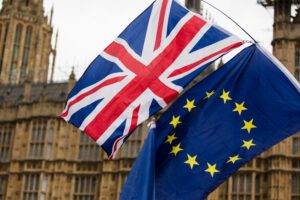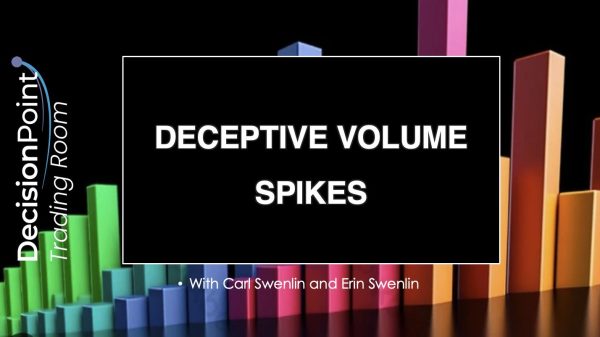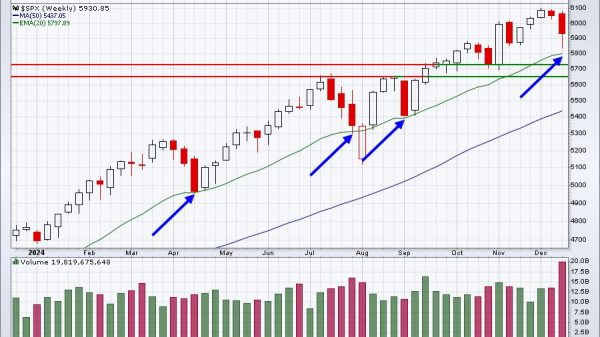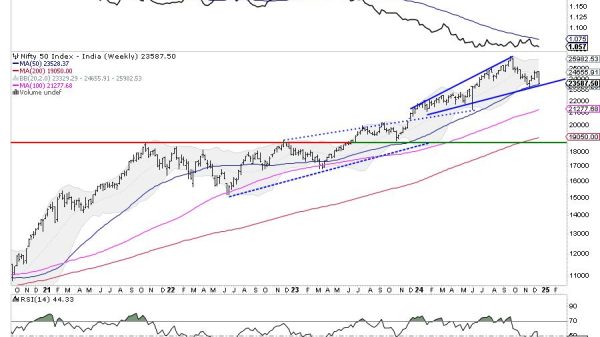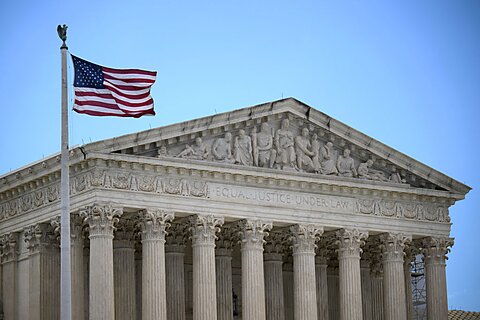Swaminathan S. Anklesaria Aiyar
Under 10 years of Indian Prime Minister Narendra Modi’s rule, industrialist Gautam Adani became a “national champion” in infrastructure and one of the richest men in the world. He is India’s main face in attempts to combat China’s Belt and Road Initiative. To compete with China in building infrastructure across Asia and Africa, Modi has nominated or backed Adani companies in several ventures abroad to boost India’s image and prowess.
That is proving a terrible choice. US prosecutors have indicted Adani for paying or planning to pay $265 million in bribes to secure financing and 12 gigawatts of solar-power contracts from Indian government agencies. US Deputy Assistant Attorney General Lisa Miller has accused Adani and two codefendants of “corruption and fraud at the expense of US investors” in Adani companies. Given Adani’s stature, the US prosecutors would not have asked for Adani’s arrest without careful accumulation of clinching evidence.
Earlier in 2023, US short-seller Hindenburg alleged that Adani had misused tax havens and engaged in stock market manipulation to push up his stock prices. Separately, the Financial Times (London) repeatedly claimed that Adani had over-invoiced the price of coal imported from Indonesia to his power plant in Gujarat, where his power tariff is linked to the coal import price.
These claims temporarily crashed Adani prices, but they recovered soon. Given Adani’s closeness to Modi, it was no surprise that neither India’s market regulator nor customs authorities followed up on Hindenburg’s or the Financial Times’s accusations. But Adani can expect no leniency from US prosecutors. His share prices and ability to borrow abroad cheaply will be hit, as will India’s image.
Cynical Indians will say that bribes are standard practice in India. But the sign of good management is that it observes the 11th commandment—Thou shalt not be caught. By this token, Adani has proved to be a poor manager, so sure of his clout in India that he failed to cover his tracks from foreign investigators. His performance in infrastructure has been remarkable, and he is India’s top player, but he owes something to political influence. When he bids for projects, rivals can be told to stay away or face tax raids and other uncomfortable consequences. Opposition leader Rahul Gandhi has long castigated Adani as one of two crony capitalists that are ripping off India and will be elated at the new ammunition provided by US prosecutors.
China has long dominated foreign financing and infrastructure development in Sri Lanka. India wants to get in, too, and struck a deal with Sri Lanka to build a new terminal at Colombo port. It nominated Adani to do the job. As India’s biggest port operator, he has good credentials, but some ask why there were no competitive bids for the task. Adani also headed a consortium that successfully bid to privatize Haifa Port, Israel.
A few years ago, when Bangladesh faced an acute power shortage, Modi offered to help. He brokered a 2017 deal for Adani to import coal from his captive mines in Australia, use this to generate 1,600 MW of power at Godda in India, and transmit this to Bangladesh by power lines. Bangladeshi activists have long condemned this as a “sweetheart” deal saddling Dacca with expensive power. Adani claims his power tariff is competitive. But his name is mud in Bangladesh, where many want the power contract renegotiated.
Adani has proposed investing in Africa in a big way. He was close to finalizing a deal to lease and expand Nairobi Airport for 30 years. He has also negotiated a deal to build and operate four electric transmission lines. Both have been opposed by trade unions and activists who allege corruption. The courts have stayed the airport deal.
In sum, Adani’s reputation was far from fragrant even before the US warrant for his arrest was issued. Modi cannot escape blame for choosing to promote Adani in the face of constant complaints of corruption. Modi openly aided Adani’s astronomical rise, treating him as a national champion to be supported in competing against Chinese and other global giants. But legal government support and bribes are two very different things.
Some will recall that in the early decades of Korea’s dizzy economic rise from 1960 onwards, a few politically connected business groups called the “chaebol”—including Hyundai, Daewoo, and Samsung—got favors and subsidies aplenty while giving kickbacks to politicians. This did not ruin their image. However, Korean companies did not depend on American and global investors the way Adani does, and so did not risk US prosecution. Adani will pay a heavy price. So, in different ways, will Modi.




